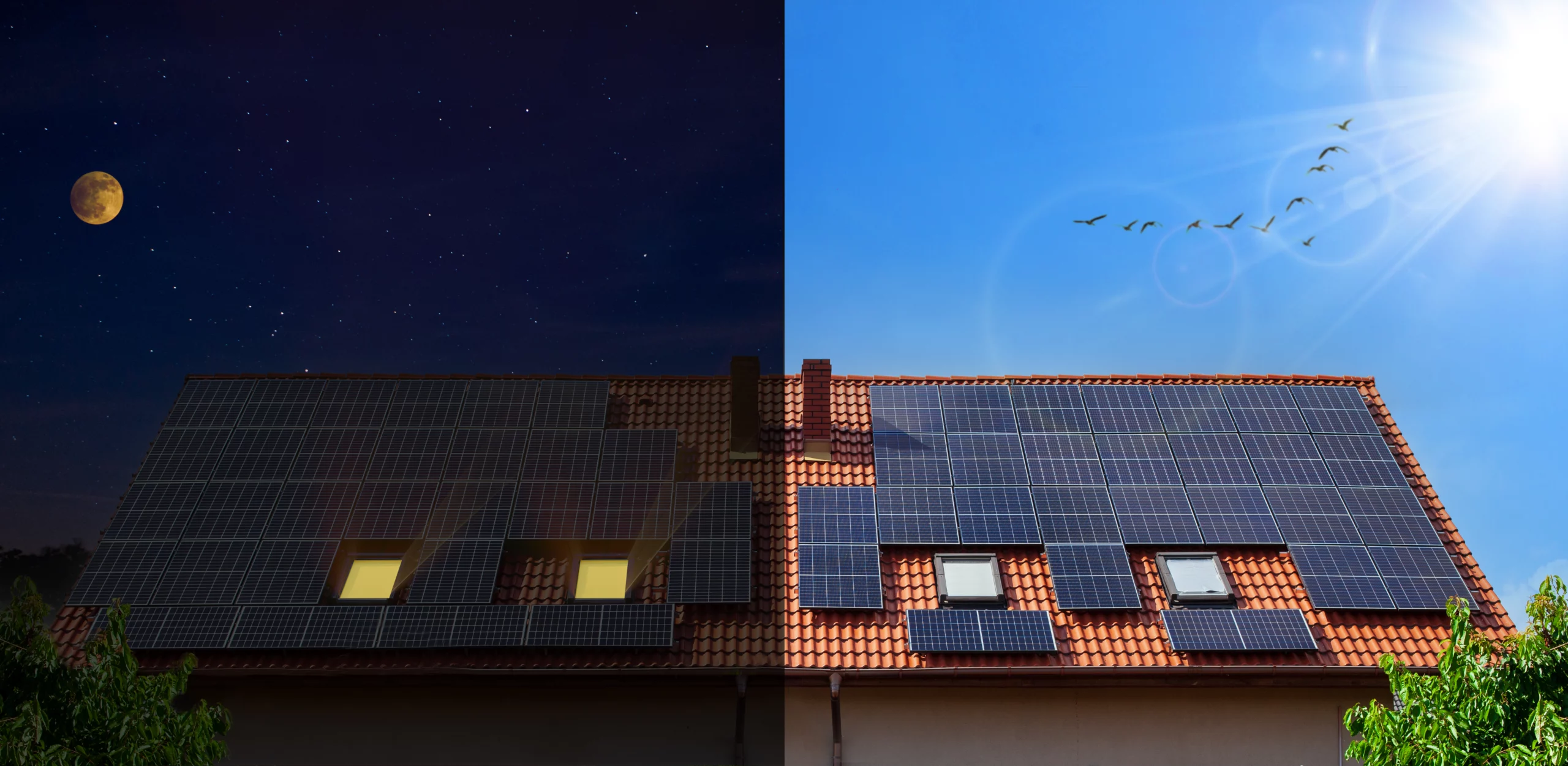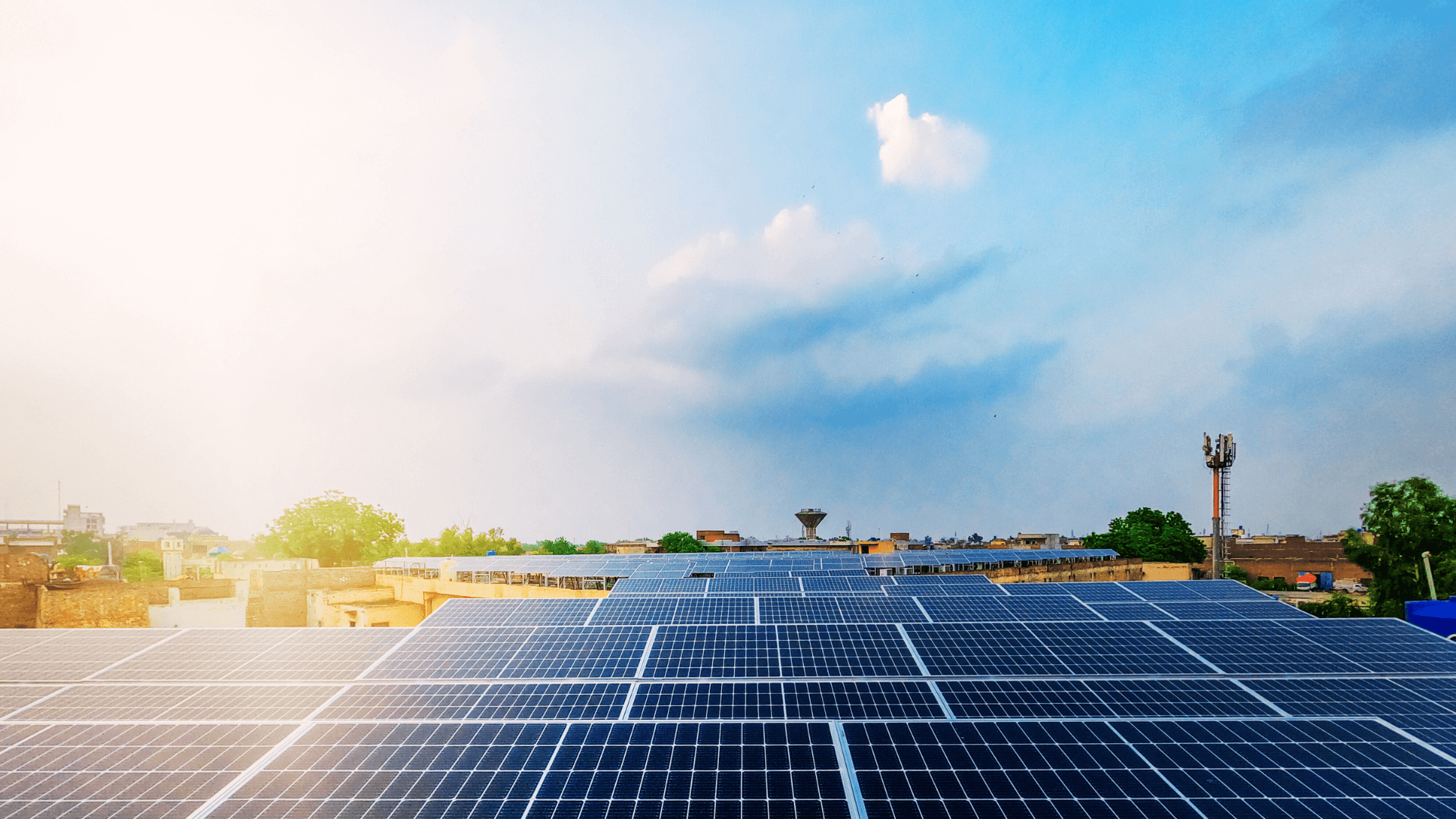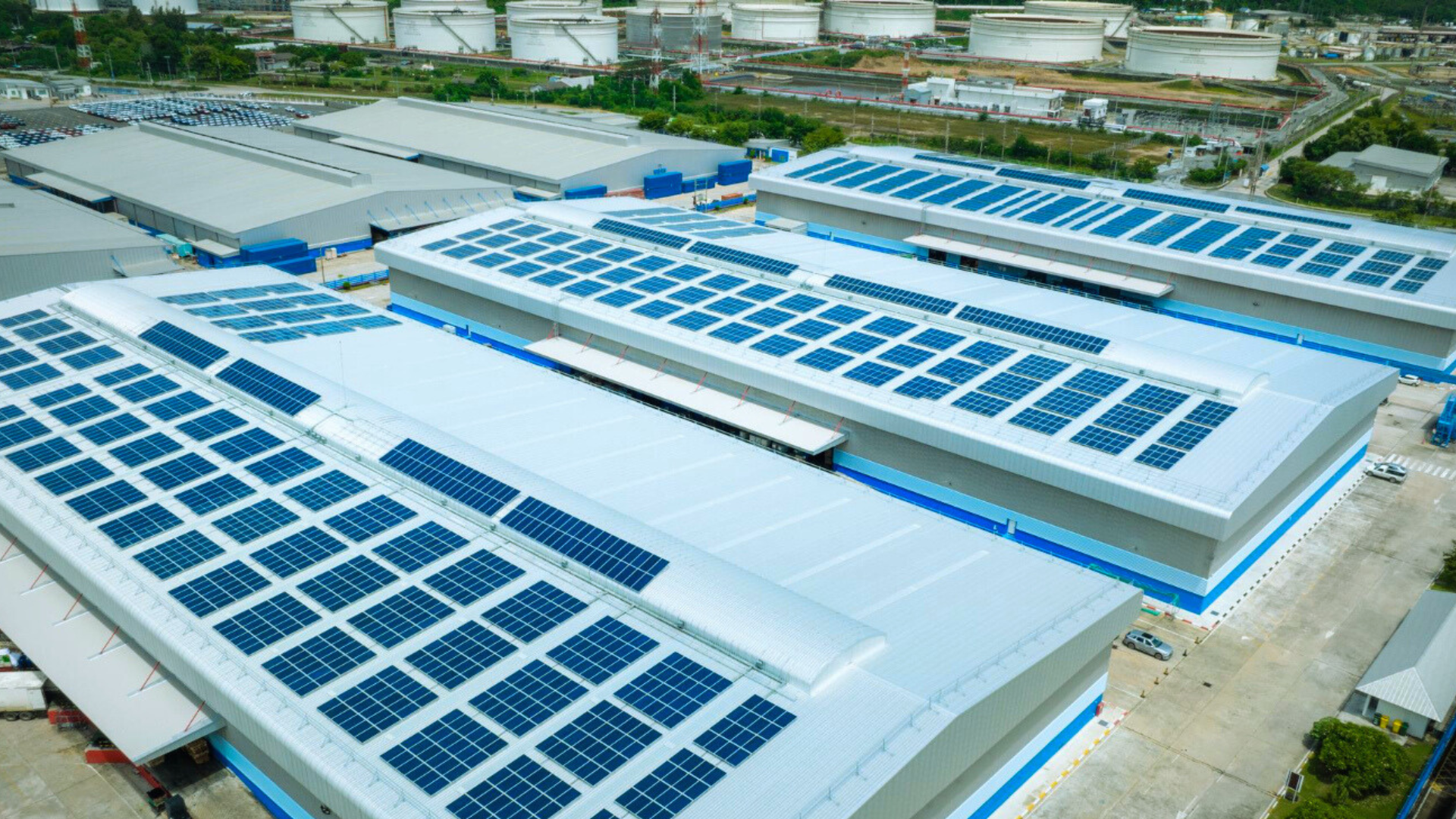Solar panels have been rapidly gaining popularity as an alternative energy source, mainly due to their sustainability and long-term benefits. However, a common misconception is that solar panels can only generate electricity during the day, leaving people wondering, will solar panels work at night.
How it Works?
Before discussing whether solar panels work at night, it’s crucial to understand how they work in the first place. Solar panels comprise photovoltaic cells, which convert sunlight into direct current (DC) electricity. An inverter is used to transform the direct current (DC) into alternating current (AC) electricity, which is appropriate for powering homes and commercial establishments. Generating electricity from solar panels depends entirely on sunlight, meaning their productivity is highly affected by weather conditions, time of day, and geographical location.
Generation (Day & Night)
As mentioned earlier, solar panels rely on sunlight to generate electricity. During the day, solar panels receive direct sunlight, which allows them to generate electricity efficiently. However, even after the sun sets, solar panels can still produce a limited amount of electricity. This is because of a process known as the ‘twilight effect.’ During the twilight hours, when the sun is below the horizon but still illuminating the sky, solar panels can generate a small amount of electricity.
Does it work at Night & Day?
In short, solar panels do not work at night-time. This is because they require direct sunlight to generate electricity. The absence of sunlight at night makes it impossible for solar panels to produce electricity. However, this does not necessarily mean that solar energy is not viable. Solar panels can still be incredibly useful in providing electricity during the day when most households and businesses consume the most energy.
Demand for Electricity next ten years
The electricity demand is increasing worldwide, and it’s projected to continue over the next ten years. This is mainly due to the growing population and increasing industrialisation. As a result, there is a need for alternative sources of energy that are sustainable, affordable, and readily available. Solar energy presents a viable option, with numerous countries investing in solar power to supplement their energy grids.
Anti-Solar Panel – this is the future
While solar energy is undoubtedly a viable option, a future without solar panels is also discussed. This is mainly due to the development of ‘anti-solar panels,’ designed to generate electricity at night. Unlike solar panels, anti-solar panels generate electricity using the earth’s heat. This technology is still in its early stages of development, but it presents an exciting prospect for the future of energy generation.
How it Works?
Anti-solar panels, known as thermoradiative cells, work using a completely different mechanism than traditional solar panels. Rather than relying on sunlight, these cells generate electricity using thermal radiation, the natural process by which objects radiate heat.
In Night Time
While anti-solar panels are primarily designed to generate electricity at night, they can also generate electricity during the day using a different process. During the day, anti-solar panels can absorb heat from the sun and convert it into electricity using the same thermoelectric effect used at night.
Does it Work Night & Day?
Key Takeaways
- Solar panels convert sunlight into electricity, so they do not work at night.
- Electricity demand is increasing worldwide, making alternative energy sources increasingly important.
- Anti-solar panels present an exciting prospect for the future of energy generation.




